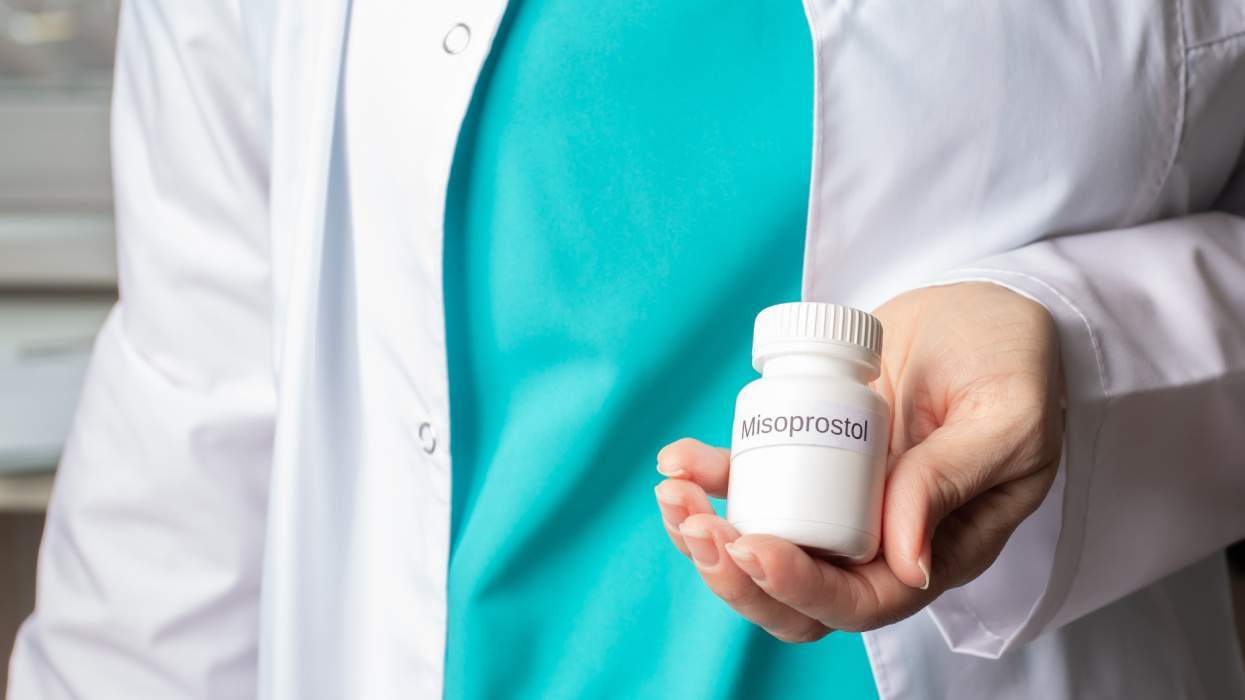There is always help available.
That's the message advocates are highlighting on International Overdose Awareness Day, particularly in the LGBTQ+ community, where members disproportionately experience substance use.
There are many factors that contribute to this disparity, though one of the primary causes is likely "the negative messages that LGBTQ people receive on a daily basis," according to Kaylee Hoaby, a director at the Pride Institute.
"LGBTQ people are getting all these negative messages from the media, their friends, their family, and in turn they internalize those messages and they themselves start to believe them," Hoaby tells The Advocate. "They start to believe that they're wrong or they're bad for who they love or how they identify."
This is a trend known as "minority stress theory," in which members of marginalized groups experience extra stressors from discrimination and prejudice, which can have adverse effects on their health. To cope, many turn to substances.
"As they're walking through life, they're looking for any positive feelings to numb or override those negative feelings that they're getting from these messages," Hoaby explains. "A lot of times LGBTQ folks will turn to substances like opioids because they provide that euphoric feeling that they're not used to getting in their day-to-day lives."
Hoaby also notes that "oftentimes LGBTQ folks don't have a strong support system" in their personal lives, as "their families and friends may have ostracized them after they came out." In "looking for connection," queer people are then usually left with just one option.
"A lot of the LGBTQ scene circles around drugs and alcohol," Hoaby says. "When [queer people] go to find these places where there's individuals like themselves, they find LGBTQ bars. And in these bars, they meet people who then offer them substances, or they take substances to become more comfortable talking to someone that they might be interested in."
"It's really imperative and important for communities to have spaces that are sober where people can go meet life members of their community," she continues.
One way to stray away from environments revolving around alcohol and drugs is to "go online and find these events that do circle around sobriety," though Hoaby says even just "having a small community of people going to a coffee shop and being able to to hang out" can provide a "positive support system."
There are also resources that can provide members of the LGBTQ+ community with support as they deal with substance abuse. The Pride Institute, founded in 1986, was the first drug rehabilitation center in the United States to serve the LGBTQ+ community. It currently offers nongendered services to adults 18 and older, including residential programming, partial hospitalization, and intensive outpatient programming.
In Minnesota, where Pride Institute is based, the state government offers the Behavioral Health Fund, which allows those who make under a certain amount annually to receive help paying for substance use disorder treatment.
"One huge way that government systems can influence someone's life is to just recognize that a lot of times these folks don't have a lot of resources," Hoaby says. "They're not able to fund treatment themselves, so any way governments can step in and assist with that is huge."
Governments also have a responsibility to consider how they speak about substance use, as it is "imperative to reduce shame and stigma around addiction." Hoaby says this can be "by starting that conversation and educating people so they understand a concept that may be unfamiliar to them," or by changing how they present such information and who they present it to.
"It can really happen to anyone," she says. "It's not just the people that you see living out on the streets — it can be doctors, lawyers, and all these people that society sees as prominent being affected by addiction as well."
Even for those who have not yet taken the first steps towards recovery, there are still resources available that can protect their health. As the "drug landscape is always changing," Hoaby insists to "always test your substances" if one does intend to use. There are locations that "promote harm reduction" through testing and other programs "like syringe exchanges, where you can get clean needles."
"There's just so many great programs out there that are helping people use more safely if that is their choice," Hoaby says. "If that is something that you want to engage in, there are ways to do that, that reduce the harm that could potentially come to someone."
If you or someone you know is struggling with addiction, SAMHSA's National Helpline is a free, confidential, 24/7, 365-day-a-year service for those facing mental and/or substance use disorders, and can help locate treatment near you. The Pride Institute can also be of help. Other resources can be found here.
















